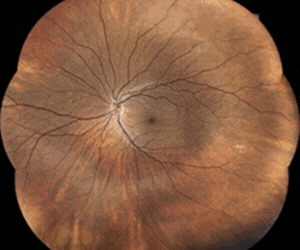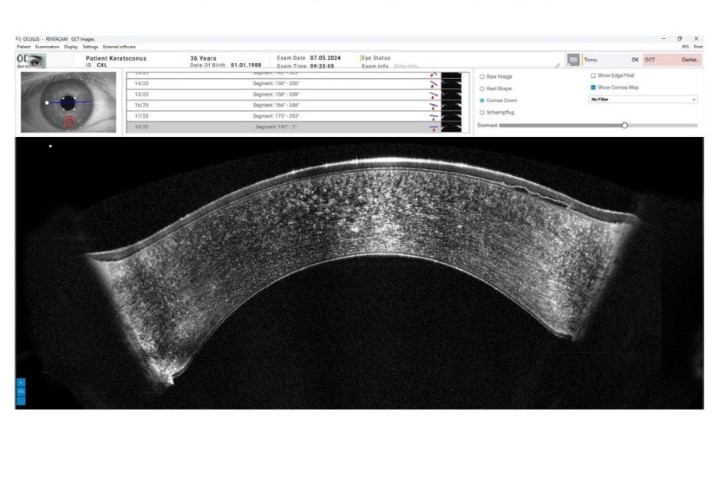Ocular syphilis on the rise
A new study warns increasing numbers of people in industrialised countries are at risk of permanent damage to their vision as ocular syphilis is re-emerging around the world.
Researchers from Flinders University in Adelaide and the University of Sao Paulo in Brazil analysed cases at four medical centres in Brazil over two and a half years. The number of cases of ocular syphilis during this period increased more than eight times more than compared to a similar period in the previous decade.
Ocular syphilis is a sexually transmitted infection (STD) caused by the bacteria Treponema pallidum. The majority of cases identified around the world have been attributed to high-risk sexual practices, an increase in global travel, and the effects of anti-HIV medications on the immune system.
The researchers pointed out the disease was often overlooked as it could mimic a variety of other illnesses, but Professor Justine Smith, from Flinders University's College of Medicine and Public Health, said it could lead to blindness if not treated in a timely manner, and that the findings in Brazil were a reflection of the re-emergence of this infectious disease around the world.
“When ocular syphilis goes untreated or is treated late, the damage done to internal components inside the eye may be permanent. However symptoms often can be reversed entirely with early treatment,” Smith added. “Our most important observation is the role of testing in making a timely diagnosis of ocular syphilis, which should limit the risk of vision loss. Patients didn’t present to clinics for treatment until they had a problem for some months, but it is not completely the fault of the patient. Doctors are no longer accustomed to seeing syphilis these days, so it may not be picked up for an extended period of time, during which patients may develop eye complications.”
Co-author, Professor Joao Marcello Furtado from the University of Sao Paulo, says general practitioners should refer eye complaints to ophthalmologists whenever they diagnose a case of syphilis: "There is no longer a stigma associated with syphilis. Anyone can be exposed and infected, so early detection is increasingly important."



























